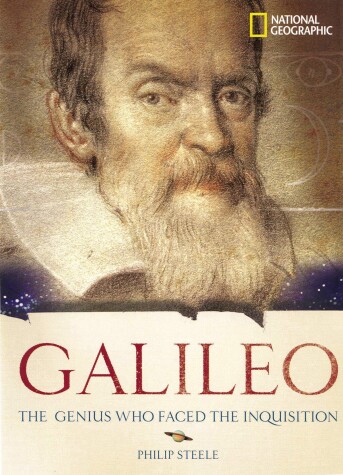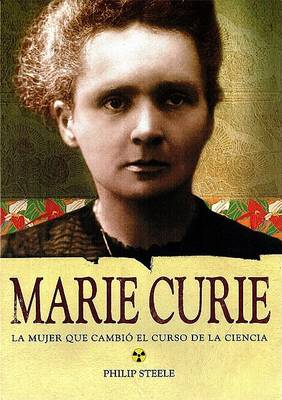World History Biographies
2 total works
Galileo made the first effective use of the refracting telescope to discover important new facts about astronomy. His observations led him to support Copernicus's claim that Earth and the other planets circled the sun. This conflicted with the teachings of the Catholic Church, and brought Galileo before the judges of the Inquisition. He spent his final years under house arrest.
Galileo's genius lay in the way he approached scientific problems. He reduced problems to simple terms on the basis of experience and common-sense logic. Then he analyzed and resolved the problems according to simple mathematical descriptions, thus opening the way for the development of modern mathematical physics.
National Geographic supports K-12 educators with ELA Common Core Resources.
Visit www.natgeoed.org/commoncore for more information.
Galileo's genius lay in the way he approached scientific problems. He reduced problems to simple terms on the basis of experience and common-sense logic. Then he analyzed and resolved the problems according to simple mathematical descriptions, thus opening the way for the development of modern mathematical physics.
National Geographic supports K-12 educators with ELA Common Core Resources.
Visit www.natgeoed.org/commoncore for more information.
"This short book is written in a clear, readable style, detailing the events of Marie’s life that will be of interest to teen readers... It will be an excellent and accessible resource for libraries. Readers will find the prose engaging and Marie’s story interesting and inspiring." —VOYA
National Geographic supports K-12 educators with ELA Common Core Resources.
Visit www.natgeoed.org/commoncore for more information.
National Geographic supports K-12 educators with ELA Common Core Resources.
Visit www.natgeoed.org/commoncore for more information.

